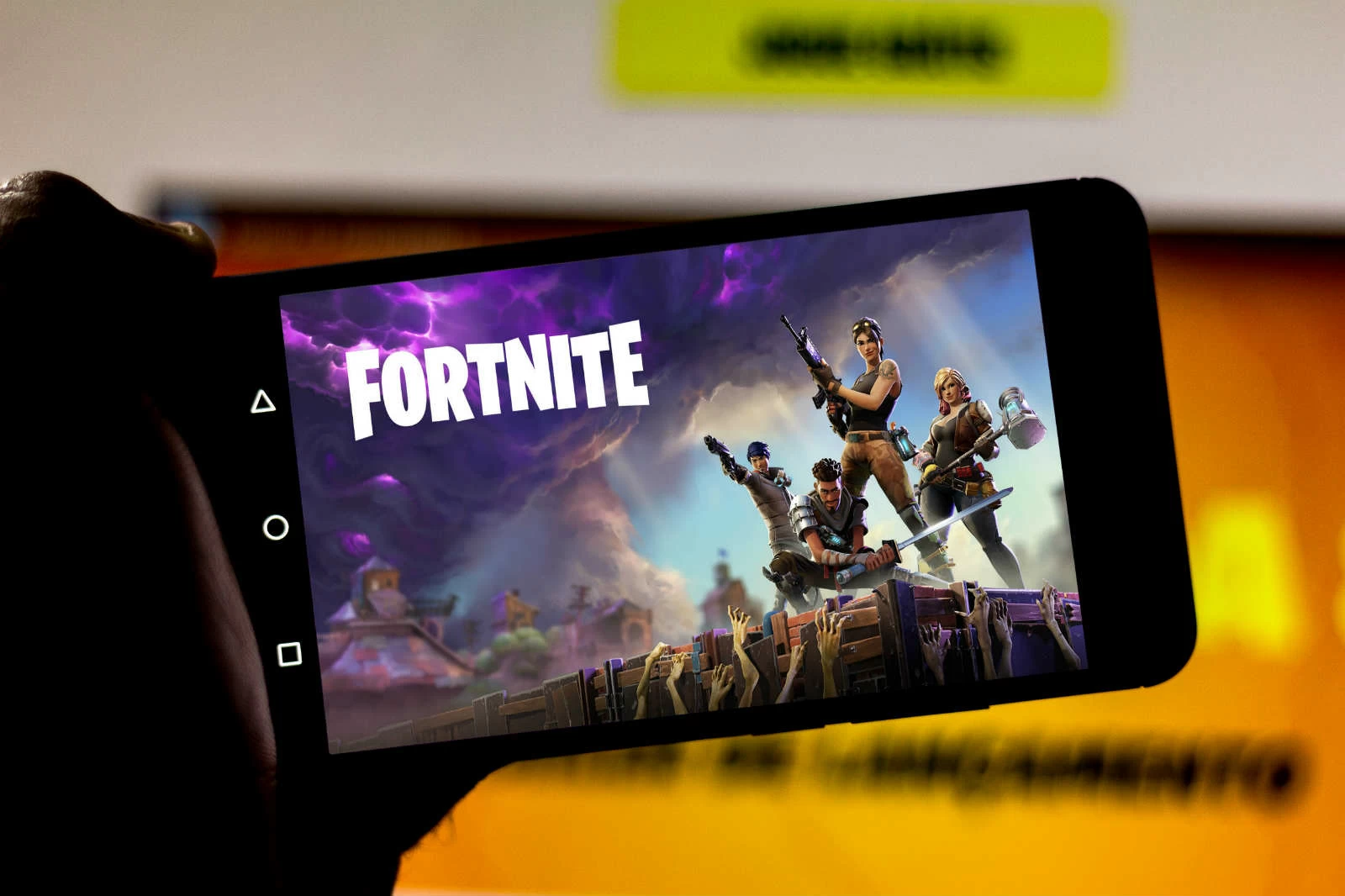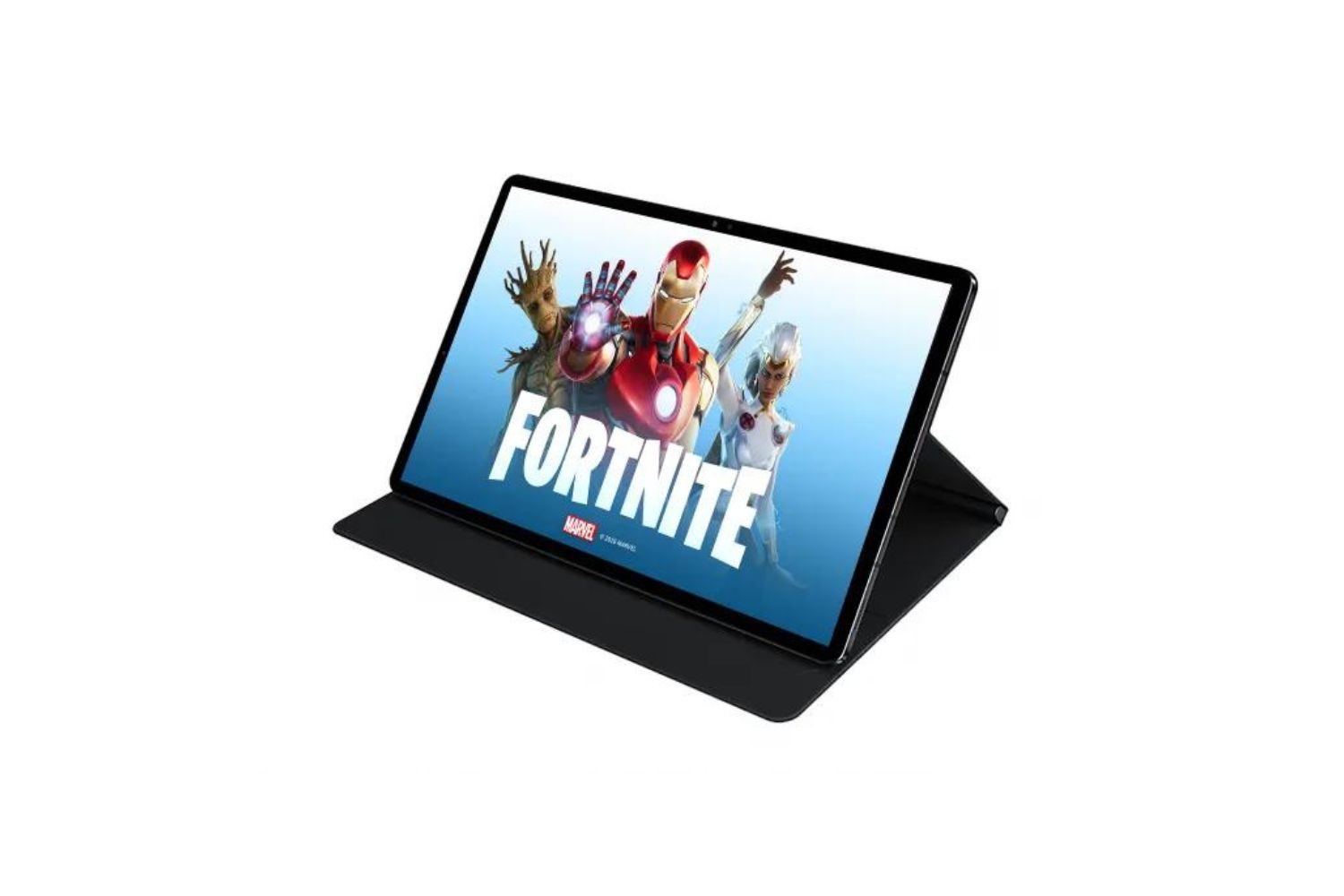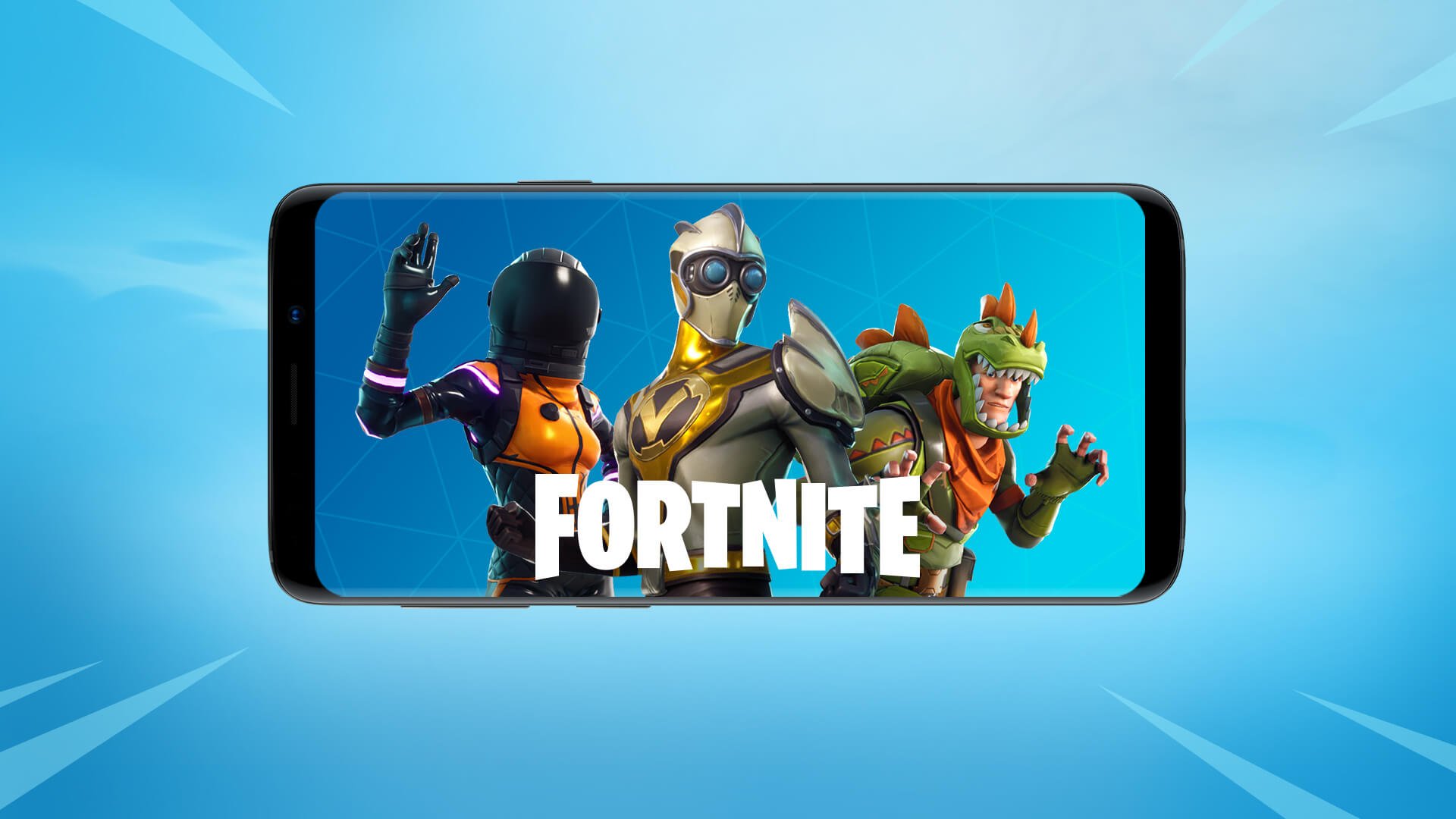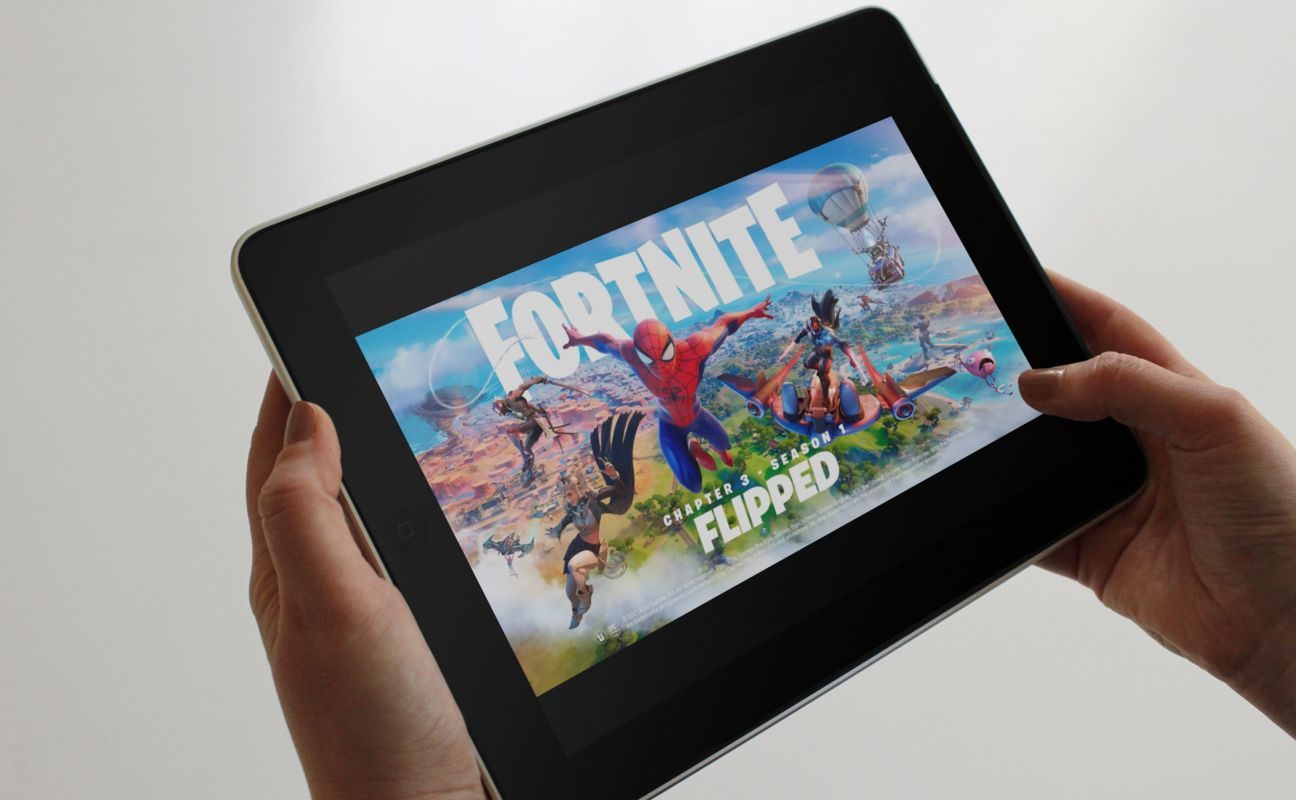After a four-year hiatus, Fortnite is making a comeback to iOS, but this time, it’s exclusive to European players. The ongoing dispute between Epic Games and Apple regarding the latter’s App Store fees took an unexpected turn when Apple announced changes coming to iOS in the EU. These changes are in response to the Digital Markets Act (DMA), a set of pro-competition rules aimed at regulating major tech companies.
Key Takeaway
Fortnite is set to make a return to iOS in Europe, following Apple’s policy changes in response to the Digital Markets Act. Epic Games is preparing to relaunch Fortnite and the Epic Games Store on the iOS platform, marking a significant development in the ongoing dispute between Epic and Apple.
Apple’s Policy Changes
As part of its efforts to comply with the DMA, Apple will now allow apps to be “sideloaded” on iOS devices in the EU. This means that apps can be installed from sources other than the App Store. This significant policy shift will enable developers to distribute iOS apps through alternative channels or even create their own app marketplaces. Apple’s previous resistance to sideloading was based on concerns about weakening the platform’s security and privacy standards.
Epic Games’ Response
In response to these changes, Epic Games plans to reintroduce Fortnite, the popular battle royale game, to iOS later this year. Additionally, Epic will launch a version of the Epic Games Store on the platform in the EU. However, Epic CEO Tim Sweeney has criticized Apple’s DMA compliance plans, referring to them as “hot garbage” plagued by junk fees.
Epic’s Business Expansion
Despite the ongoing dispute with Apple, Epic Games is gearing up for its reentry into the iOS ecosystem. In addition to Fortnite and the Unreal Engine, Epic operates the Epic Games Store, a digital storefront for PC games. The company’s approach to revenue share and in-app purchases is notably different from Apple’s policies, with Epic offering a 13% revenue share to developers.
Fortnite’s Evolution
Fortnite has evolved from a traditional third-person shooter game to a multifaceted digital marketplace, offering thousands of user-generated games alongside its classic battle royale mode. This expansion aligns with Epic’s vision of Fortnite as a platform for various gaming experiences, including survival, racing, and rhythm games developed by Epic itself.
In conclusion, the return of Fortnite to iOS in Europe marks a significant development in the ongoing dispute between Epic Games and Apple, as both companies navigate the evolving landscape of app distribution and digital marketplaces.

























